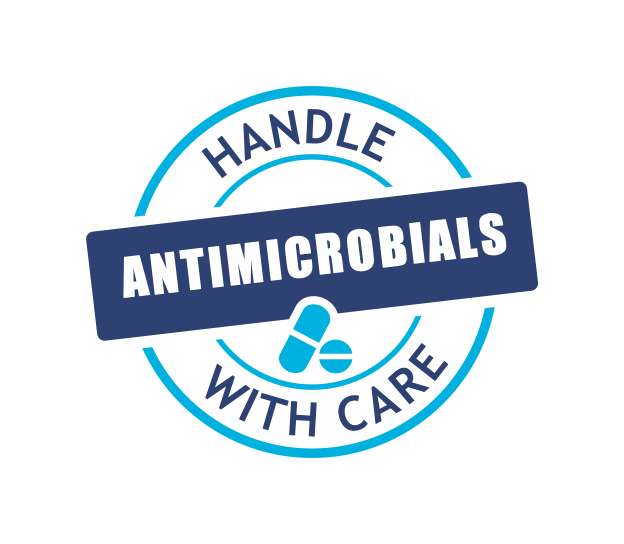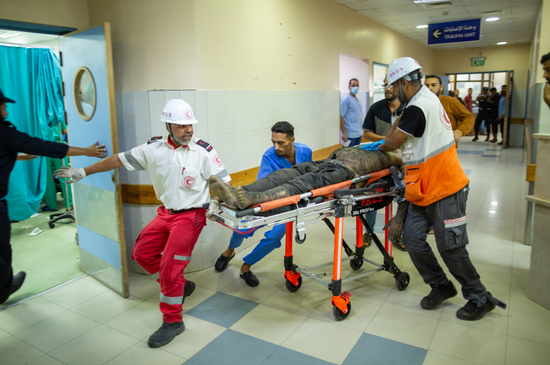
Approach to the
acutely ill and injured
Course information
A systematic approach to emergency conditions saves lives, even when specialised care is not available. To this end, the WHO, in collaboration with the ICRC and IFEM, developed the BEC course for first contact health workers who manage acute life-threatening conditions with limited resources. This course introduces a systematic approach to managing time-sensitive critical conditions even before a diagnosis is known. .

Course information
The aim of this course is to provide information on the “WHO implementation handbook for national action plans on antimicrobial resistance: guidance for the human health sector” and the 6 steps for sustainable implementation of NAPs on AMR. This course is intended for national/subnational policy-makers, technical leads and implementing partners working on the implementation of NAPs on AMR within the human health sector.

Course information
This course is based on the WHO report “Taking sex and gender into account in emerging infectious disease programmes : an analytical framework“ and guides the learner in five modules through the concepts and principles of the Gender Analysis Framework and the related tools.

Course information
Developed by the World Health Organization, International Committee of the Red Cross and the International Federation for Emergency Medicine, the BEC Extended Modules: Conflict-Related Injuries support the delivery of quality emergency care for patients with conflict-related trauma, covering penetrating injury, blast injury and burns.